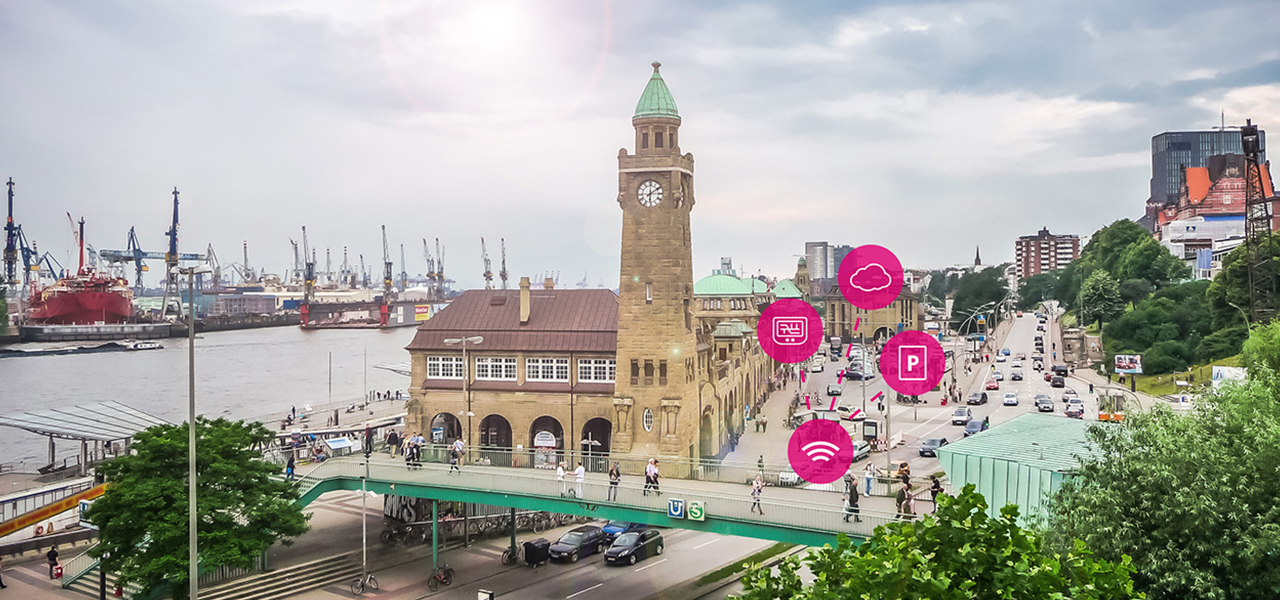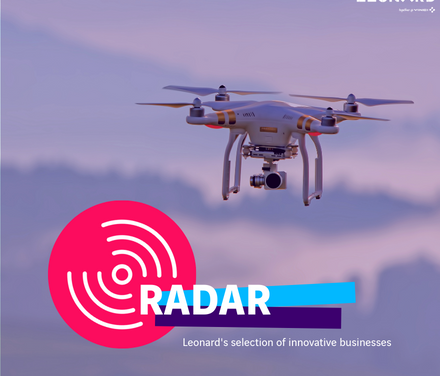 Will telecommunications companies be the future operators for smart cities? In a recent interview with Bloomberg, Deutsche Telekom Chief Executive Officer Tim Hoettges expanded on his vision of new jobs for telcos, putting them at the heart of the smart city. These companies will no longer be limited to managing a network infrastructure or selling phone contracts, they now want to be “taking part in the solution”.
Will telecommunications companies be the future operators for smart cities? In a recent interview with Bloomberg, Deutsche Telekom Chief Executive Officer Tim Hoettges expanded on his vision of new jobs for telcos, putting them at the heart of the smart city. These companies will no longer be limited to managing a network infrastructure or selling phone contracts, they now want to be “taking part in the solution”.
Take Hamburg for example. In Germany’s second biggest city, parking lots recently became “smart”. In fact, in January 2018, Deutsche Telekom (DT) launched an update of their Park and Joy app, which first appeared in fall 2017. Originally, the app allowed users to pay for their parking space. By using calendar, weather and DT network data, it can now predict where are the best chances of finding a free parking spot. The app is designed not only for city-dwellers (who spend on average 20 minutes finding a parking space in Hamburg), but also for the city itself (preventing congestion due to unnecessary traffic), and is soon to be rolled out in Germany’s other big cities.
With smart parking, Deutsche Telekom is introducing an original economic model which also corresponds to the industry’s desire to play a “central role in the smart city”. Several other network infrastructure giants, such as Nokia, are getting into position. “Our ecosystem is changing into a model where we participate in the revenue of the solution space. The connectivity is just a small fraction of it,” explained Tim Hoettges. Park and Joy is representative of these “solutions” and services in which players like DT want to “participate”. In fact, in Hamburg, DT don’t invoice the city for the sensor network they installed. Instead, they take a direct share of revenue generated by the infrastructure, via software platforms like Park and Joy. The impact will be substantial: the smart parking market alone is estimated to be worth $35 billion by 2022. Triple that to get the figure smart cities are likely to generate in revenue.
While the expected impact appears significant, investments in the meantime are huge: in 2017, DT spent €12 billion alone. Apart from fiber-optics, the German operator has rolled out its NB-IoT (narrowband IoT) network, a telecoms standard that supports the Internet of Things network. The first 100 sensors have already been deployed in Hamburg, with that number looking to be 10,000 by the end of 2019. DT should even have all its European operations completely covered by the network from the end of 2018*. It looks like the market is going to be much bigger than a parking lot in Hamburg….
* By using narrowband, the NB-IoT network has a low-speed data transfer, consumes less energy and costs less than other alternatives. It is suitably adapted for the development of services requiring smart sensors. It could be deployed in France by Orange, and is already present abroad, thanks to French companies like Veolia, in connected waste management solutions (via Huawei).
